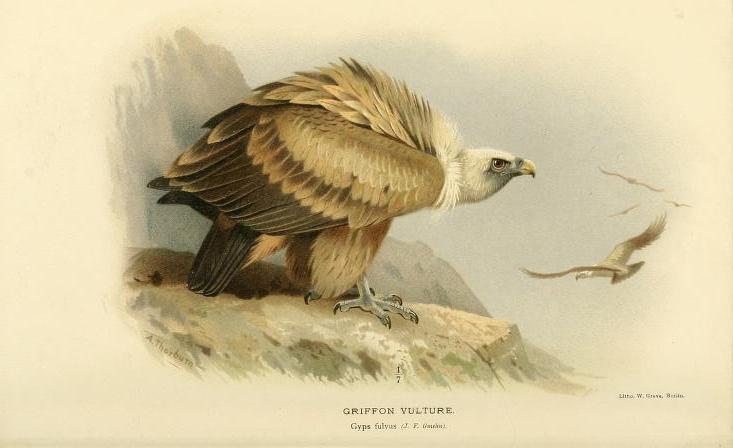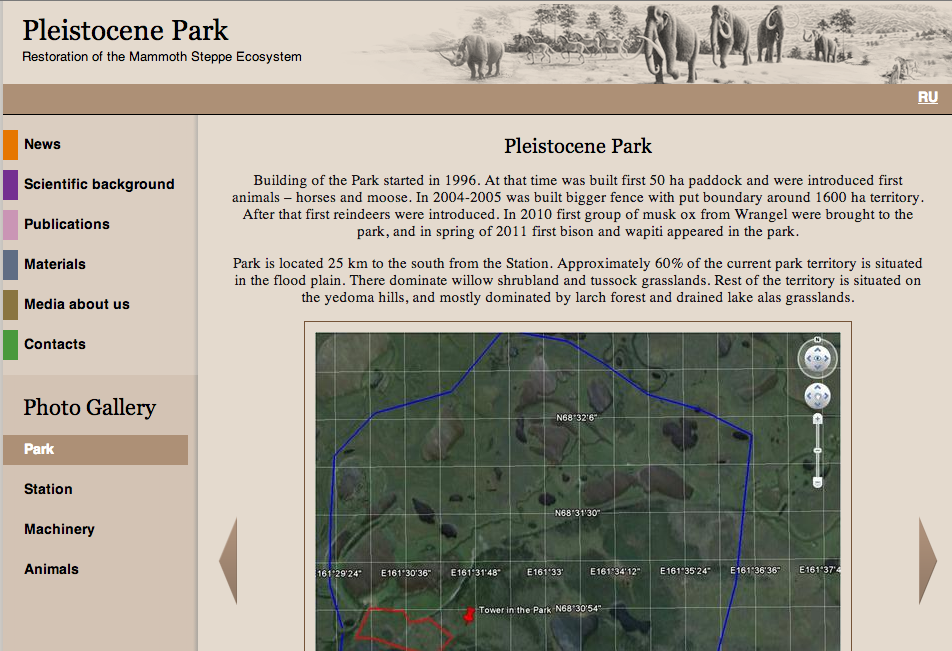
An objection to objective science
 I’ve started reading the article collection Invasive and Introduced Plants and Animals: Human Perceptions, Attitudes and Approaches to Management this week. The collection includes a number of articles by well-known environmental historians, including Peter Coates and Chris Smout, as well as articles on reintroduction, including the wild boar in Britain, so I’m looking forward to making it through the book.
I’ve started reading the article collection Invasive and Introduced Plants and Animals: Human Perceptions, Attitudes and Approaches to Management this week. The collection includes a number of articles by well-known environmental historians, including Peter Coates and Chris Smout, as well as articles on reintroduction, including the wild boar in Britain, so I’m looking forward to making it through the book.
But when I got to the bottom of the very first paragraph of the editors’ introduction, my jaw dropped. Here’s what the editors say the collection aims to do: “Our intention is to stimulate the reader to question ideas and received wisdom, and to try to establish the interface between objective science and subjective sociocultural fashions and values” (p.3). I stared at the page and read it several times before going on.
Any one who has been paying attention to the last 30 years of research (or at least since Latour’s 1987 Science in Action) in the field of Science & Technology Studies (STS) knows how absolutely ridiculous this statement is. Science is not objective. Science is imbued with cultural values, from influencing what questions we ask to how those questions are answered to how results are interpreted.
Unfortunately, this was not just a slip of the pen by the editors, who by the way are an environmental geographer and an environmental historian. Throughout the introduction, they talk about science as objective and culture as subjective. To them, culture is something that needs to be accounted for in invasive species policy, but it is something layered on top rather than infused within. It’s like saying that we need to look at the icing on the cake on order to understand why the cake tastes the way it does without looking at all into the ingredients in the cake itself.
To take an example from the introduction, the editors mention a scientist who defined a native plant in Britain as one that arrived prior to the English Channel cutting off Britain from the mainland 7-8,000 years ago (p.4). This is written as objective fact. But why? Why is that cut-off point better than other points? Why not the last ice age? Or when people arrived on the island? Or the invention of faster transport systems like steam ships and trains? As I have previously argued in an article, the cut-off point for what scientists count as native seem to float around all over the place. In the case of the lynx, scientists advocate that it should be reintroduced as a native because it was in Britain after the Romans invaded; but in the case of the beaver, some people say a 500 year absence makes it a “non-native”. All of these positions can be based on science, so clearly science is not the objective thing the editors believe it is.
Scientific decisions to count something as native versus alien, invasive versus simply present, may be defensible, but they are not objective. There is a difference. Defensible means that there is a logic to why a certain choice was made; the decision stands up to reason. Using the English Channel completion as a cut off date for “nativeness” is defensible because there is some logic to it, but other cut offs would also be defensible. When a particular one is chosen — and even that the scientist feels it necessary to select one at all — subjectivity comes into play. Our own ideas at the current moment about good and bad, native and non-native, all factor into how scientific questions are asked and answered.
I kept reading in spite of the start, and I think some of the authors of the essays would agree with my objection. As Chris Smout put it eloquently, “To be alien is not a biological characteristic like being blue or having a square stem; it is a character imputed by man” (p.65). So there is hope for the essays yet.



